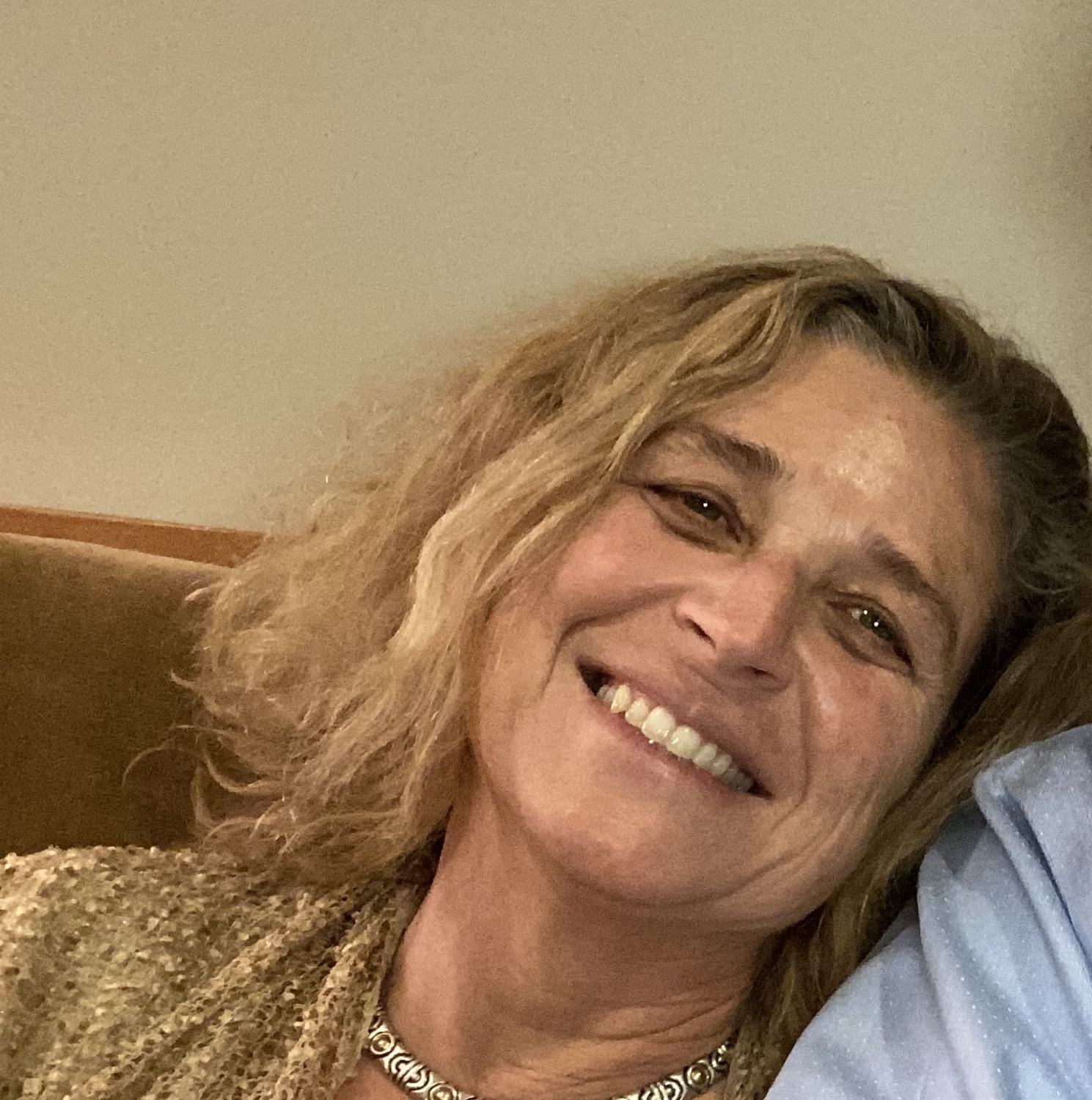Artificial Sweeteners & Health
- Zsuzsu

- Jul 31, 2024
- 2 min read
Updated: Aug 1, 2024
Neotame, an artificial sweetener that’s chemically similar to aspartame, may seriously damage the human intestine and overall gut health.
Not only did neotame cause cell death in intestinal cells but it also damaged bacteria commonly found in the gut.
Neotame caused healthy gut bacteria to become diseased and invade the gut wall, which could lead to irritable bowel syndrome and sepsis.
Previous research by the scientists found that other artificial sweeteners, including saccharin, sucralose and aspartame, may similarly harm the gut.
Artificial sweeteners are also linked to additional health risks, including increased risk of Type 2 diabetes, cardiovascular diseases, cancer, anxiety and mortality in adults.
A study published in the journal Molecules, found multiple artificial sweeteners approved and deemed safe by the U.S. Food and Drug Administration cause DNA damage in, and interfere with the normal and healthy activity of, gut bacteria. The artificial sweeteners included in this study are:
*Artificial Sweetener: Aspartame -NutraSweet, Spoonful, Canderel, Equal, NatraTaste Blue
*Artificial Sweetener: Sucralose - Splenda, Zerocal, Sukrana, SucraPlus, Candys, Cukren and Nevella
*Artificial Sweetener: Saccharin - Sweet 'N Low, Sweet Twin, Sugar Twin, Necta Sweet
*Artificial Sweetener: Neotame - Newtame
*Artificial Sweetener: Advantame(No brand names)
*Artificial Sweeteners: Acesulfame potassium-k - Sunnette, Sweet One, ACE, ACE K, Sweet 'N Safe
by JM MD
Sources and References:
FoodNavigator Europe May 2, 2024
Front. Nutr., 24 April 2024, Sec. Nutrition and Microbes, Volume 11 - 2024
Front. Nutr., 24 April 2024, Sec. Nutrition and Microbes, Volume 11 - 2024, Introduction
Anglia Ruskin University April 24, 2024
StudyFinds April 25, 2024
The Guardian April 24, 2024
Microorganisms 2022, 10(2), Conclusions
Microorganisms 2022, 10(2)
Microorganisms 2022, 10(2), Discussion
Scientific Reports March 31, 2023, Introduction
Molecules 2018; 23(10): 2454
Front. Nutr., 24 April 2024, Sec. Nutrition and Microbes, Volume 11 - 2024, Discussion
Florida State University News December 8, 2022
PNAS December 2, 2022, 119 (49) e2213120119
WHO April 12, 2022
WHO May 15, 2023
PLOS Medicine March 24, 2022








Comments